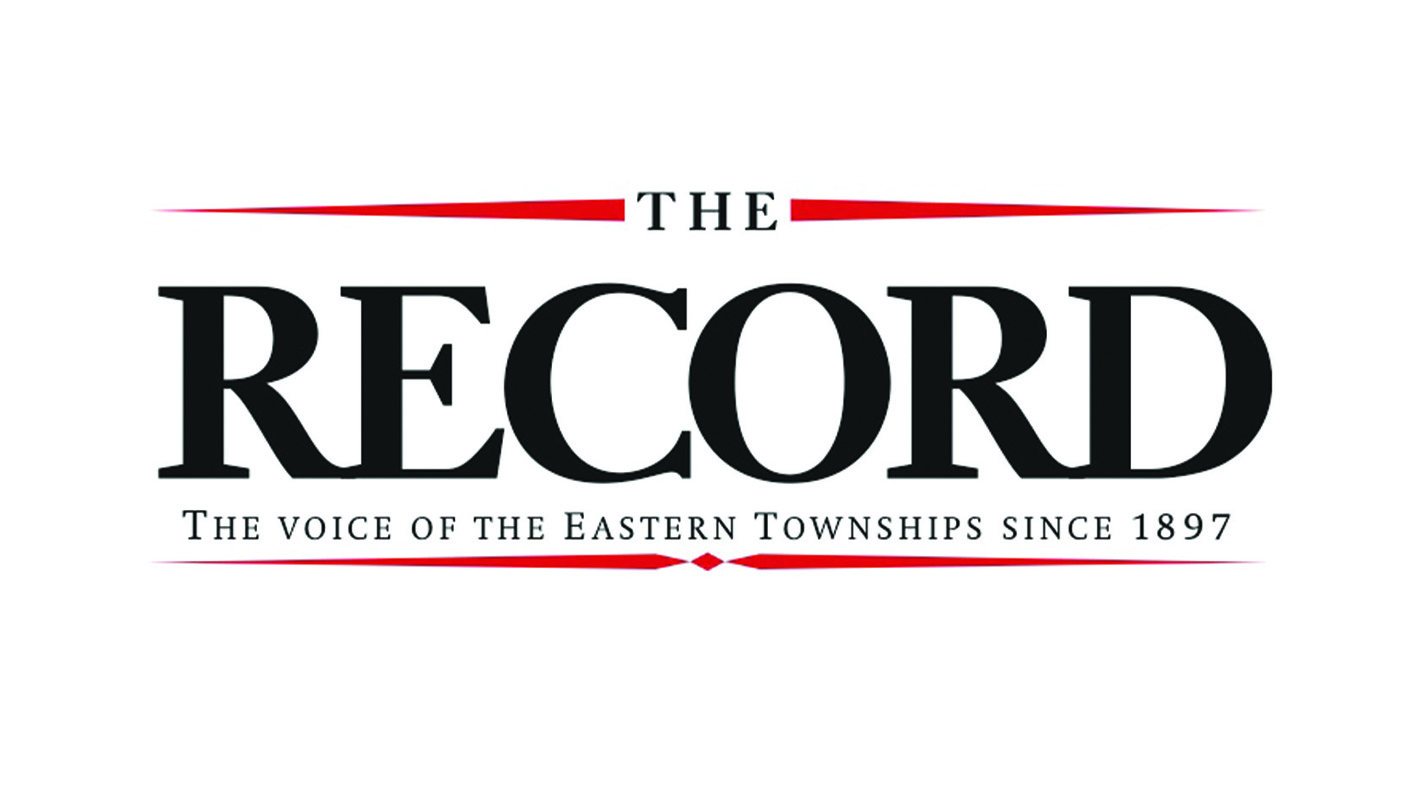By Dian Cohen
Local Journalism Initiative
COVID-19 killed over 53,000 Canadians – reasons enough to put a plan in place for the next time. The appalling thing is that there were plans in place last time — plans that were neglected, outdated, ignored. The Auditor General’s Report #8 to Parliament in 2021 notes that despite nearly two decades of warnings, planning and government spending, the Public Health Agency of Canada (PHAC) was not ready for the global pandemic and did not appreciate the threat it posed in its early stages. Moreover, the PHAC failed to improve its information technology after 2003’s SARS epidemic and 2009’s H1N1 pandemic. It took some steps to develop plans and national guidance after H1N1, but, prior to the COVID-19 pandemic, the agency failed to update all of the plans or complete a test exercise with provincial and territorial governments. The 1997-established Global Public Health Intelligence Network (GPHIN) was supposed to offer alerts and risk assessments. Instead, it offered only links to news articles for its 450 domestic and 520 international subscribers. The auditor general found that no alert from the GPHIN was issued to provide early warning of the virus. Nor were there any risk assessments, data-sharing with the provinces or follow-up on Canadian travellers who were ordered into quarantine. Canada’s auditor general says, “I am discouraged that the Public Health Agency of Canada did not address long-standing issues, some of which were raised repeatedly for more than two decades…”
It has not been easy for the PHAC to own its past performance. In answer to written questions about Canada’s preparedness for the next pandemic, PHAC sent this reporter links to its Canadian Pandemic Influenza Preparedness: Planning Guidance for the Health Sector (CPIP), the very one the A-G deemed inadequate in 2021. Originally written in 2004 and intermittently updated, the latest iteration before the pandemic was in 2018. Updates began in 2022, after the A-G’s criticisms and recommendations, but the independent review of the systems that were promised to the auditor general were not included.
Several non-government think tanks have made suggestions for ‘the next time’. Says the non-partisan public-private organization, Public Policy Forum (PPF), “No one wants a repeat of the SARS experience, in which extensive post-mortem recommendations sat on the shelf with limited action taken, leaving Canada to start almost from scratch when confronting COVID. That must not happen again.”
At this point, it looks like that is exactly what will happen again. “The pandemic laid bare a glaring absence”, PPF says. “Canada lacks an institution to connect a chain of urgent requirements and roles in the face of a health crisis… Other countries — the US, UK, European Union, Japan — are applying this lesson and creating such institutions… The unwavering goal: to address future health threats, even before the extent and impact of a specific threat is known… [In particular,] the new entity must undertake regular updates to Canada’s health security strategic plan, including public reporting on the status of the health security system.” To date, Canada has not gone this route. The Public Health Agency does little public reporting within Canada and has not publicized its strategy or its plans going forward. The federal government has funded $575-million in “preparedness” projects in 14 research institutions. Health security experts say a more sustained investment is needed – without directly taking to task our present departments and agencies, their commentaries make it clear that our standards for health security preparedness are not up to scratch.
Things seem little better on the international stage. Two years ago, all 194 member nations of the WHO sat down to hammer out a binding global accord for how the world might better share scarce resources and stop future viruses from spreading. That accord was to be adopted at the World Health Assembly meeting in Geneva this week. One of the first announcements out of the Assembly was that they had failed to reach consensus on how to share data and information on pathogens and, most contentiously, how to share vaccines and medicines during international health emergencies.
The co-chairs of the negotiating team said they will continue to work toward an agreement on some sort of treaty. They didn’t pinpoint the sticking points, but insiders say it’s still a battle of rich countries versus poor. American critics worried that the agreement “is shredding intellectual property rights” and “supercharging the WHO.” Britain’s department of health said it would only agree to an accord if it was “firmly in the UK national interest and respects national sovereignty.” In answer to a question about WHO’s authority over Canada, a spokesperson for PHAC confirmed that “the WHO has no jurisdiction in Canada, and Canada will remain in control of any future domestic decisions about national restrictions or other measures related to pandemics.” Many developing countries say it’s unfair that they might be expected to provide virus samples to help develop vaccines and treatments, but then be unable to afford them. All this is reminiscent of the COVID-19 debacle that South Africa called “vaccine apartheid,” where countries had vastly unequal access to COVID vaccines and drugs.
It is not at all clear what we’ve learned from our experiences with COVID-19. It is even less clear that ‘the next time’ will not be a replay of our past history. Four years later, there are no known internal plans in the works for federal-provincial-territorial cooperation and response, and no international agreement on sharing.
The COVID-19 pandemic has changed our world in unprecedented ways –we’re still grappling with the short term implications of this and resisting the changes as much as embracing them. Assessing the longer-term implications of the pandemic and building workable policies has a finite window of opportunity: it’s open now and will stay open only until the next public health threat materializes. From the vantage point of the general public, this period is fraught with uncertainty about Canada’s overall wellbeing; many Canadians are dwelling on more immediate issues, not whether those in charge are preparing for the next health emergency. The PPF warns that “Canadians will not be forgiving — nor should they be — if the country is caught ill-prepared in the face of the next health threat.” It is to be hoped that Canadians will demand more and better, and more to the point, demand proof of it well before ‘the next time’.




